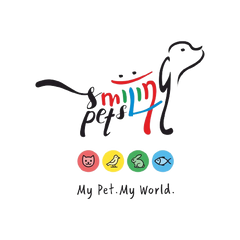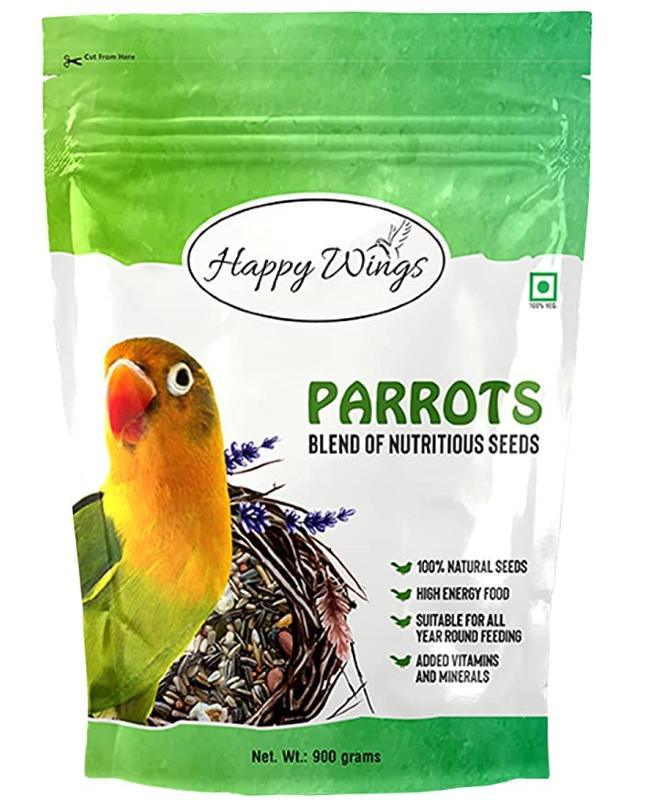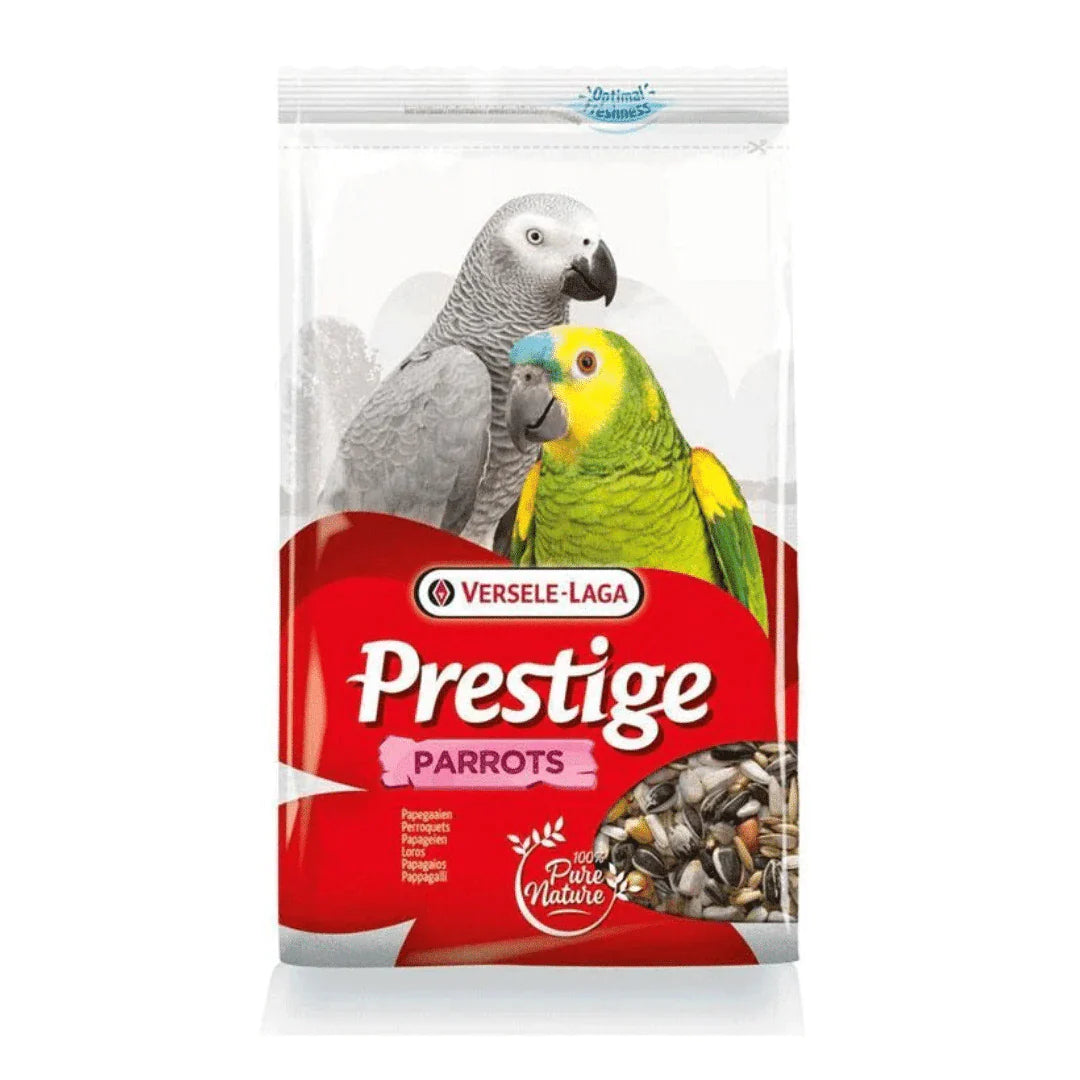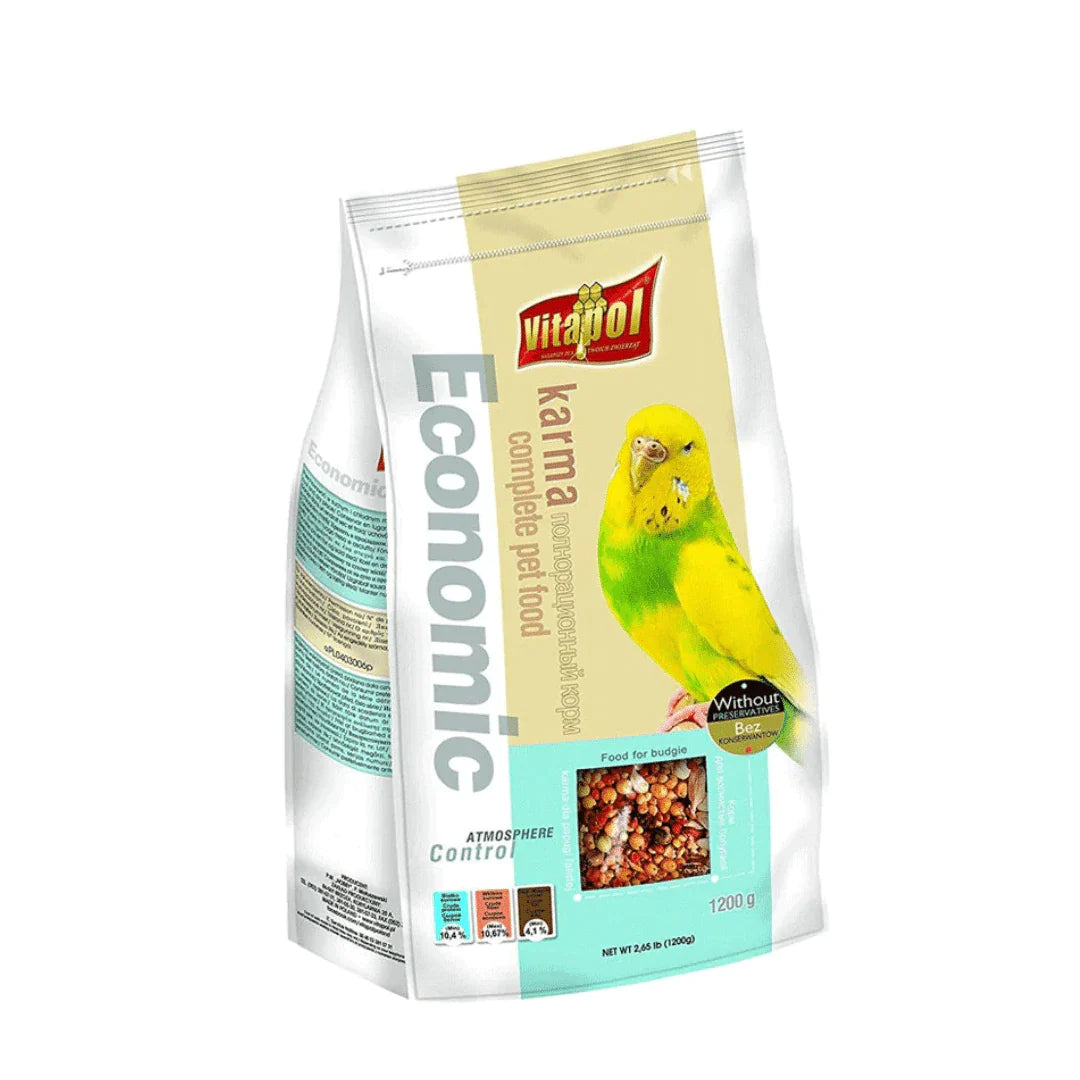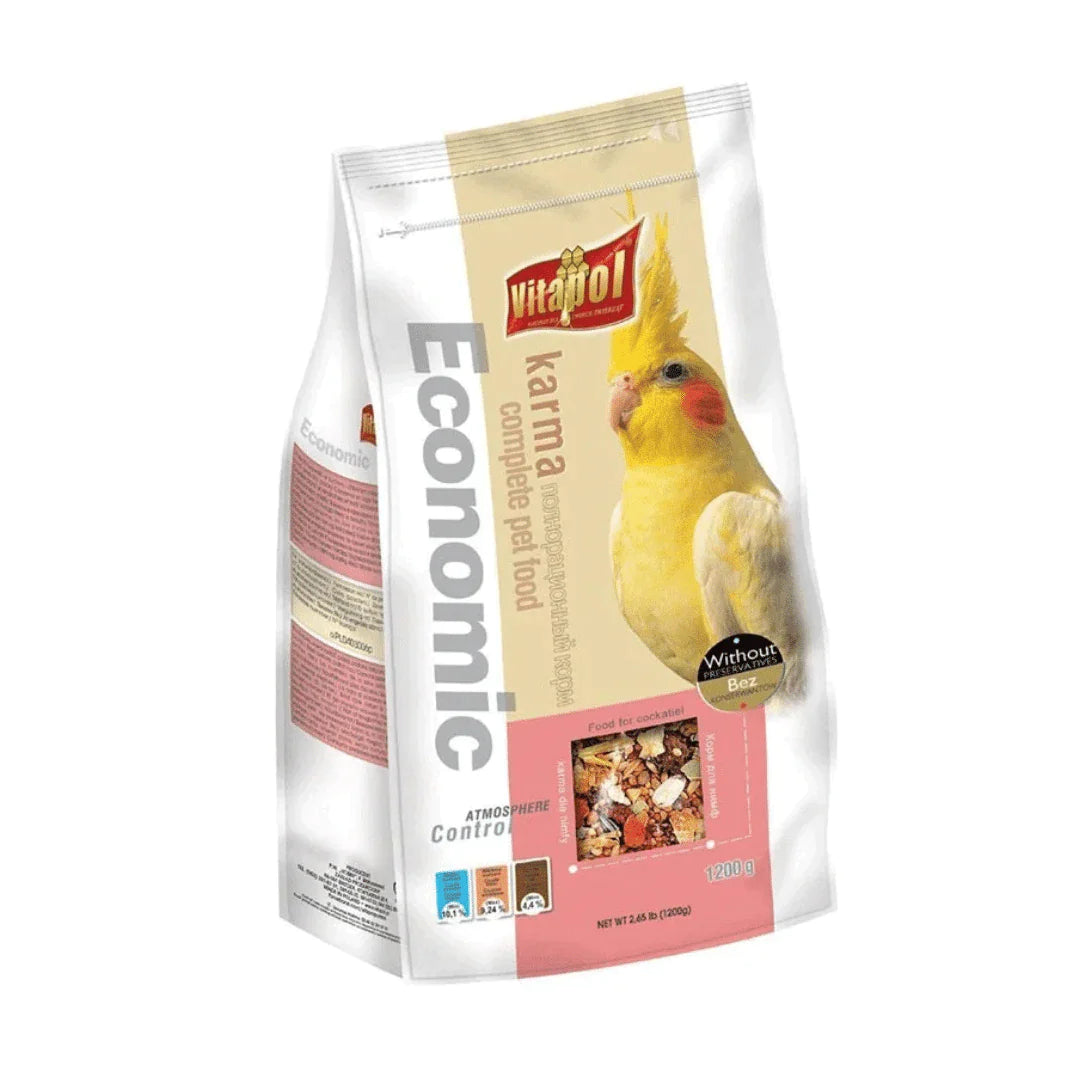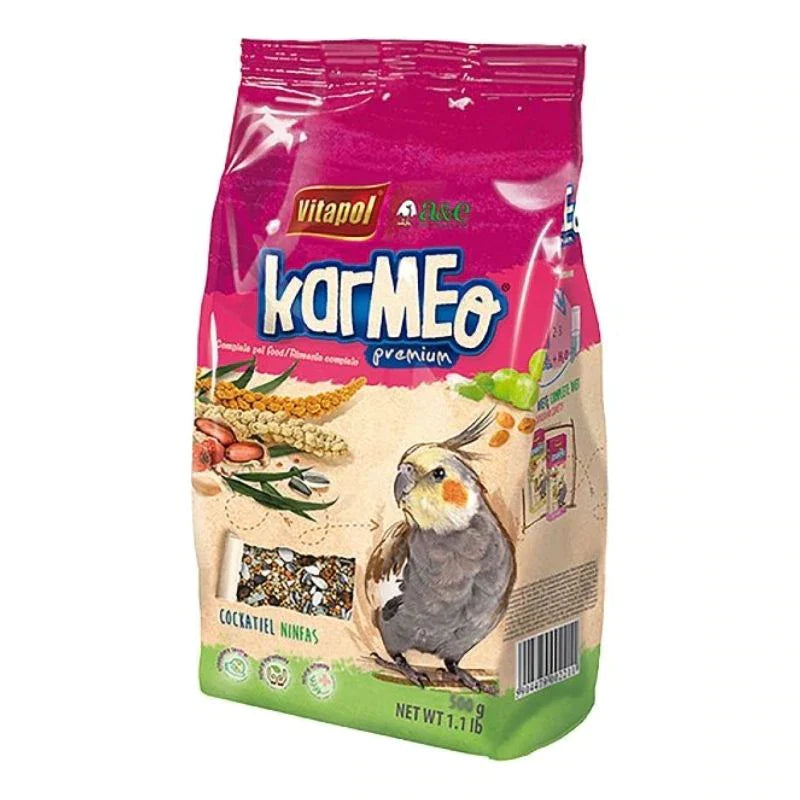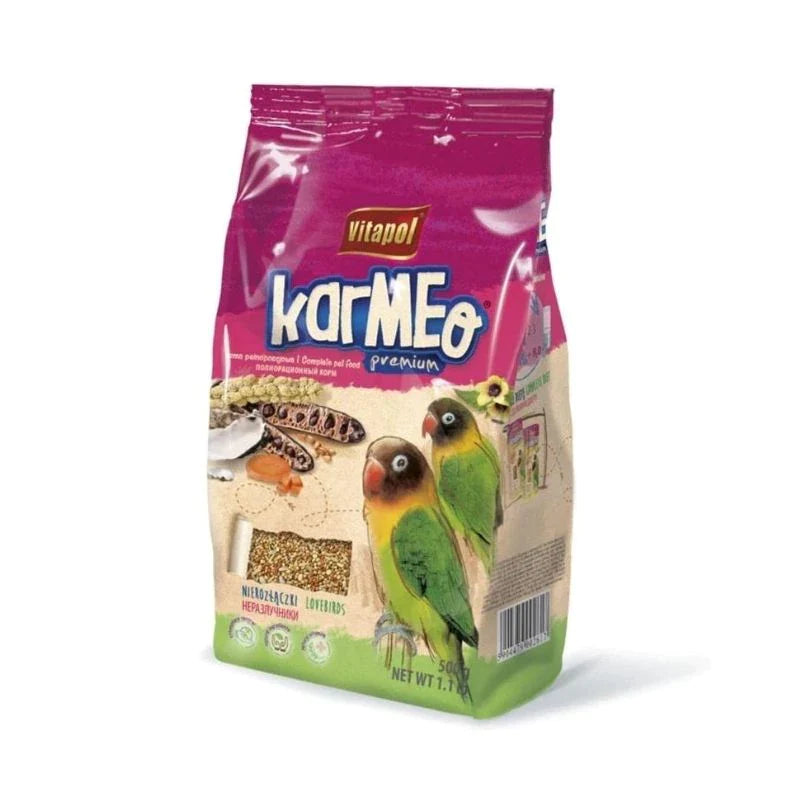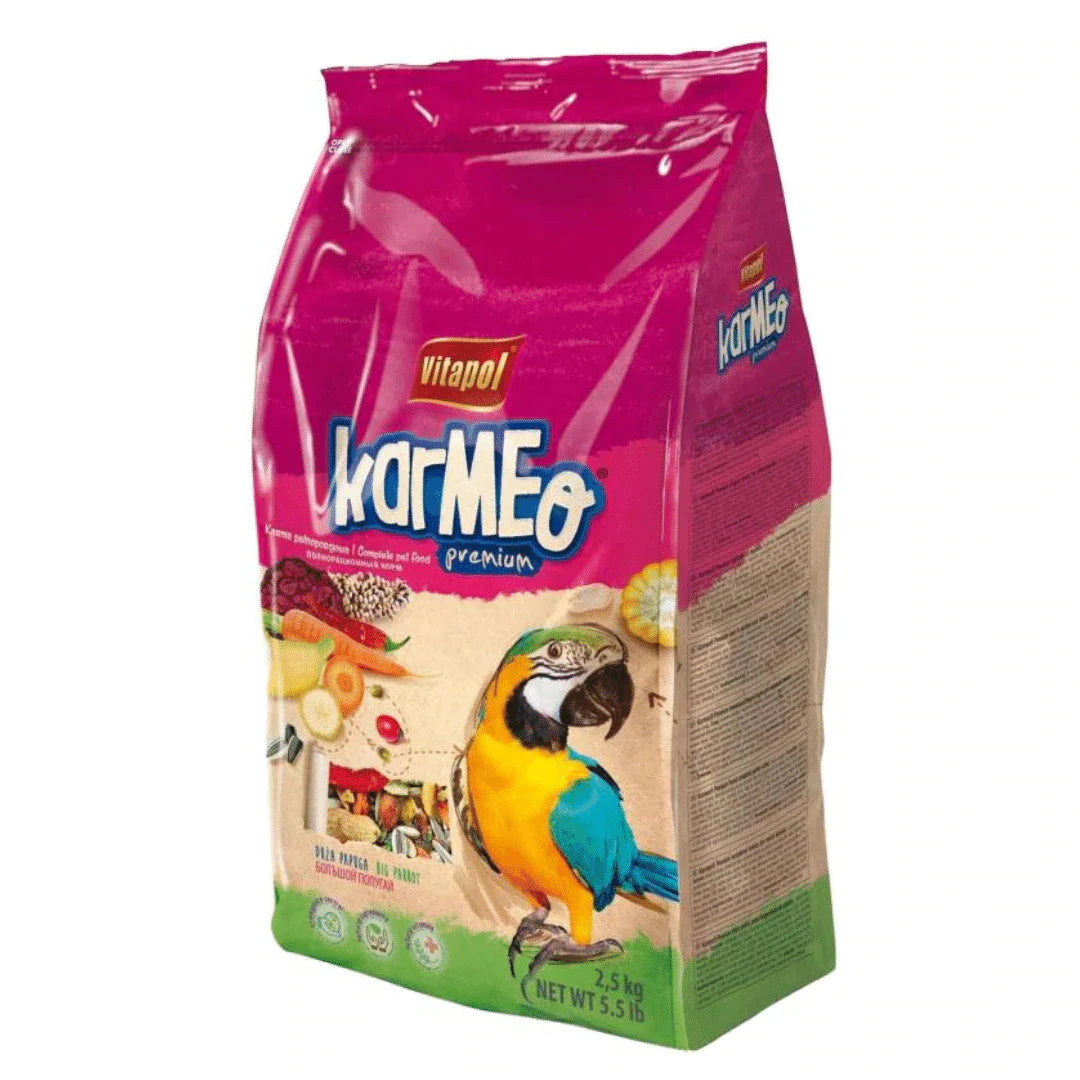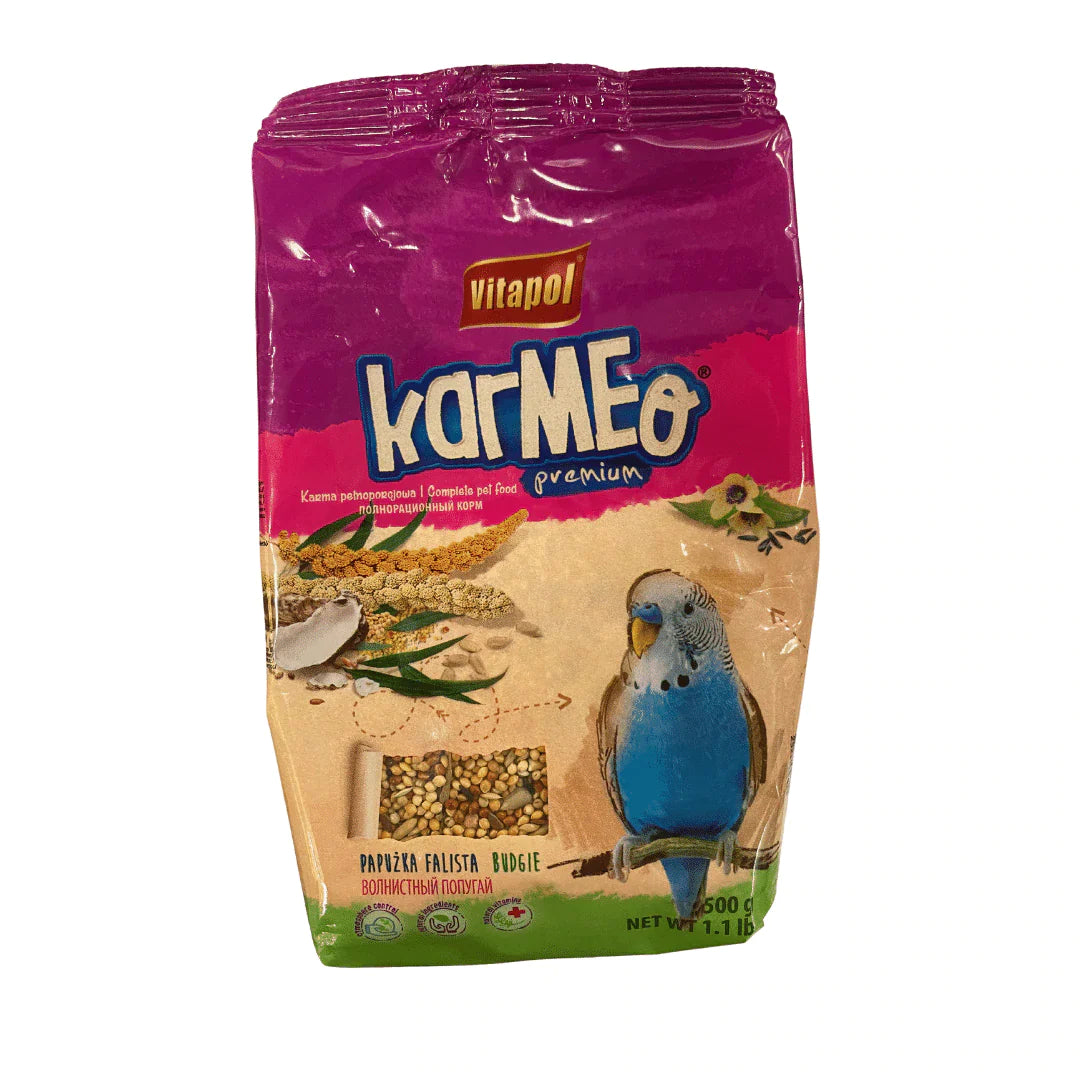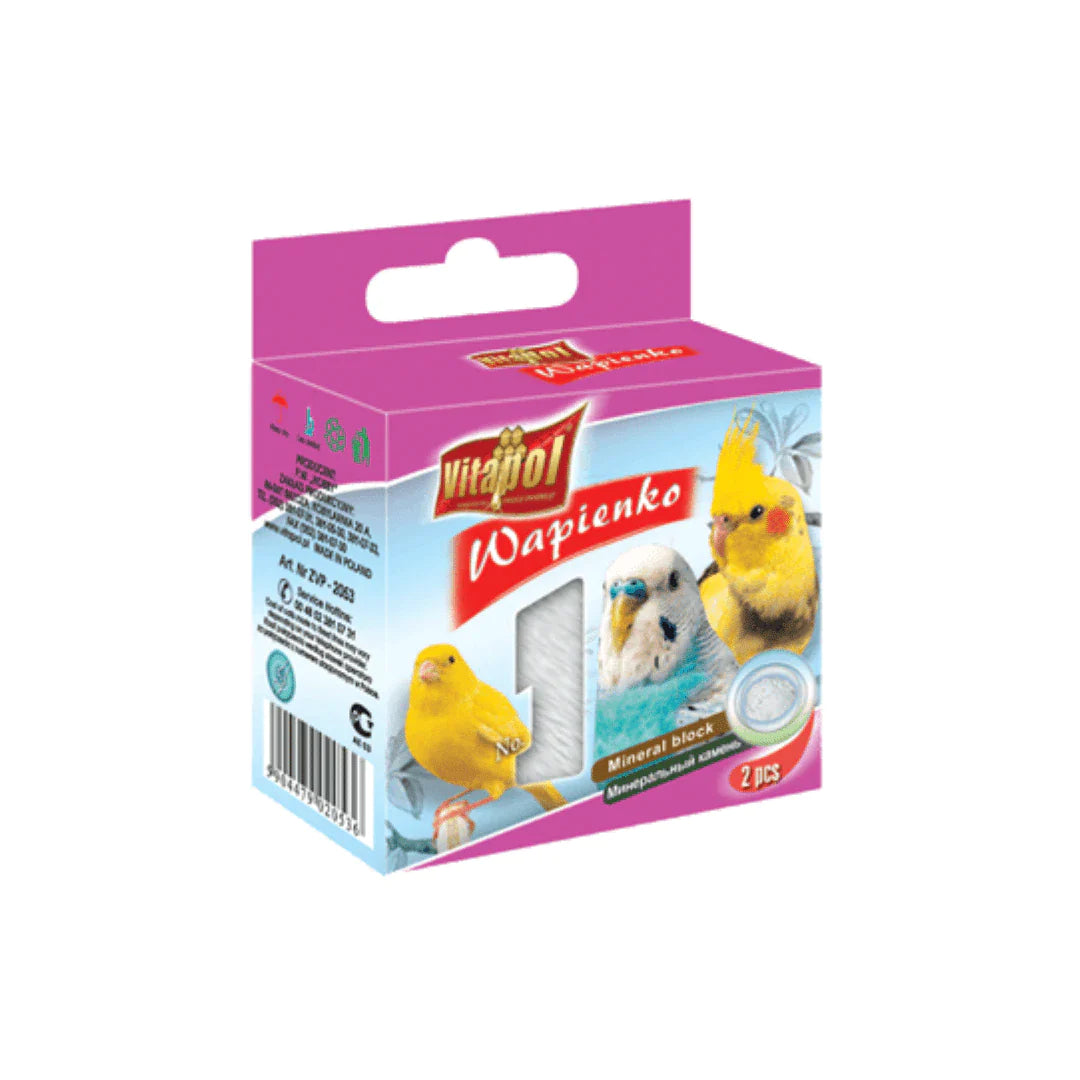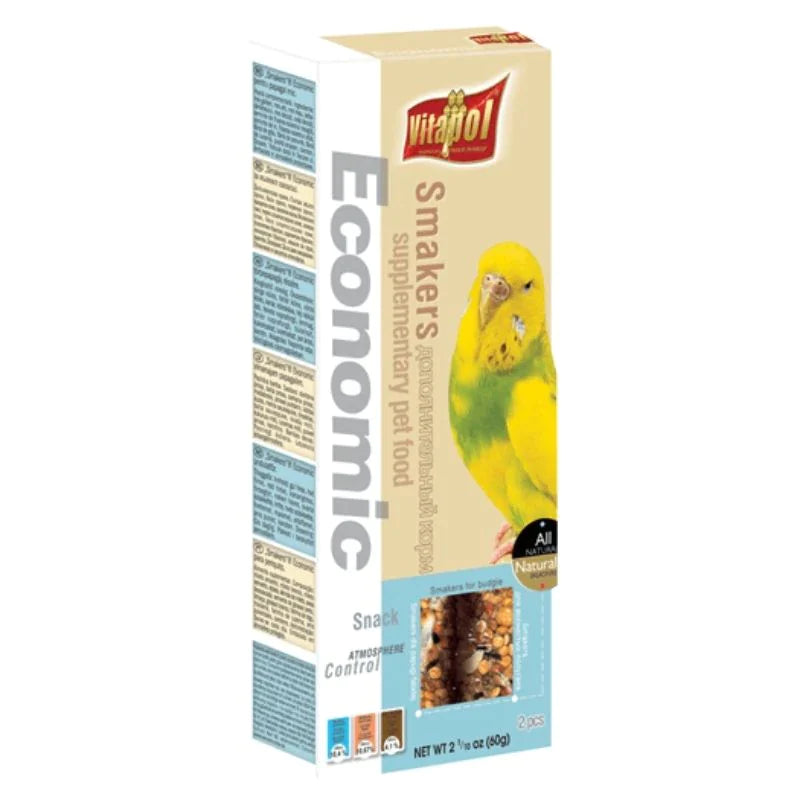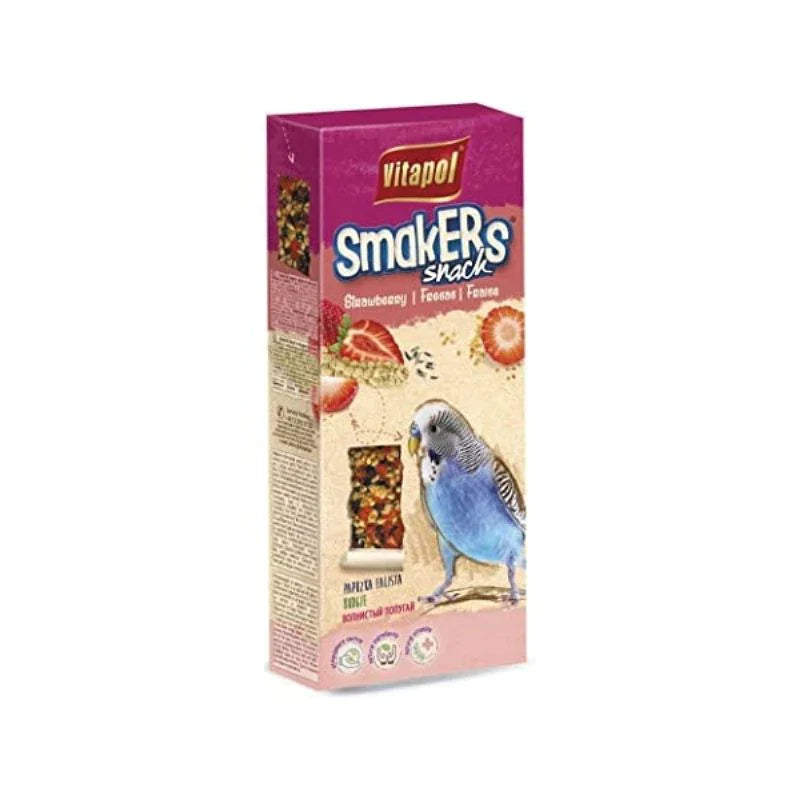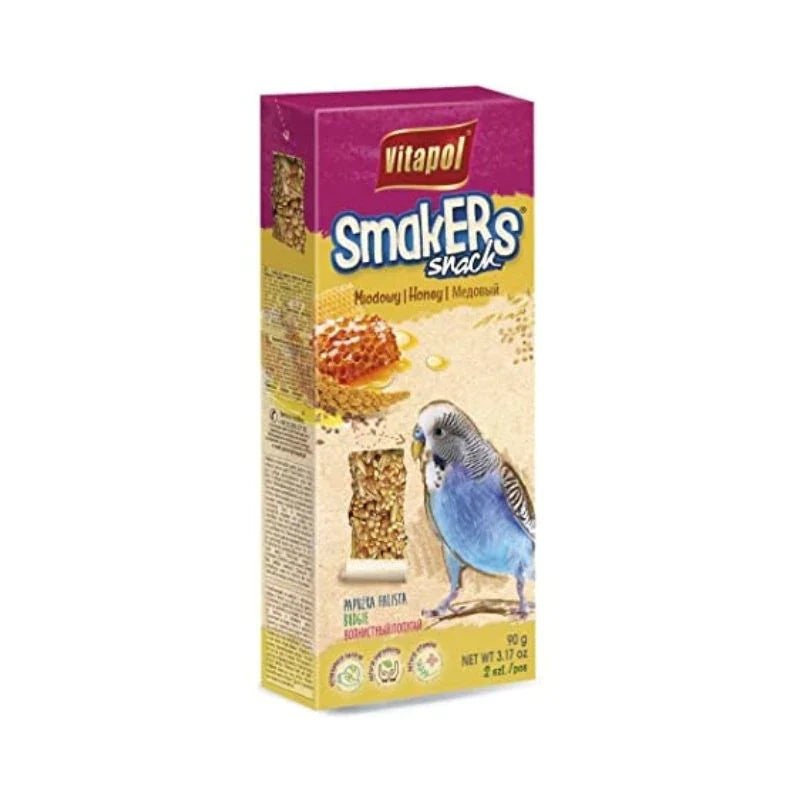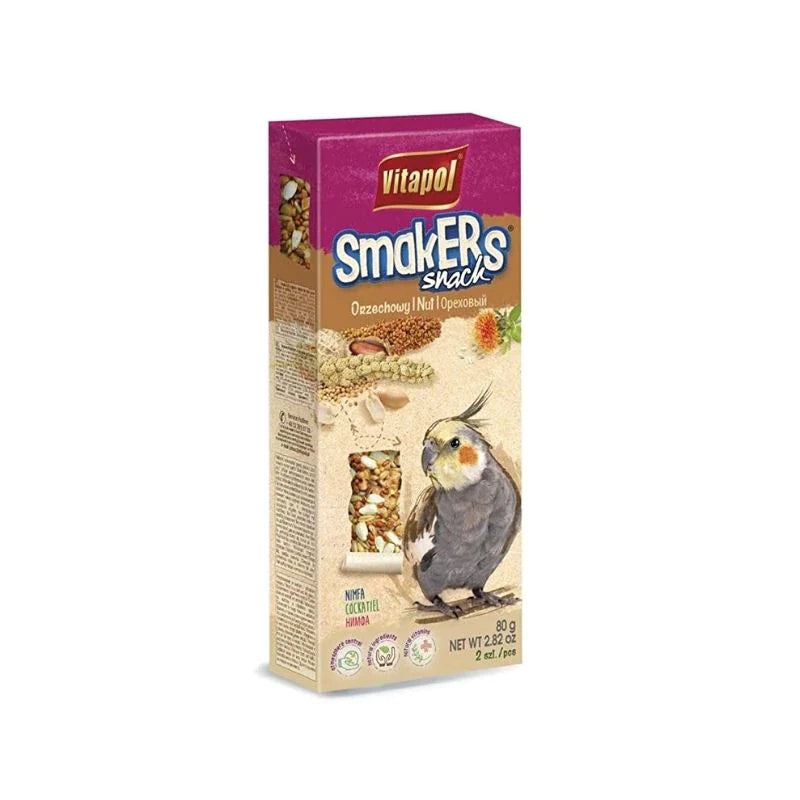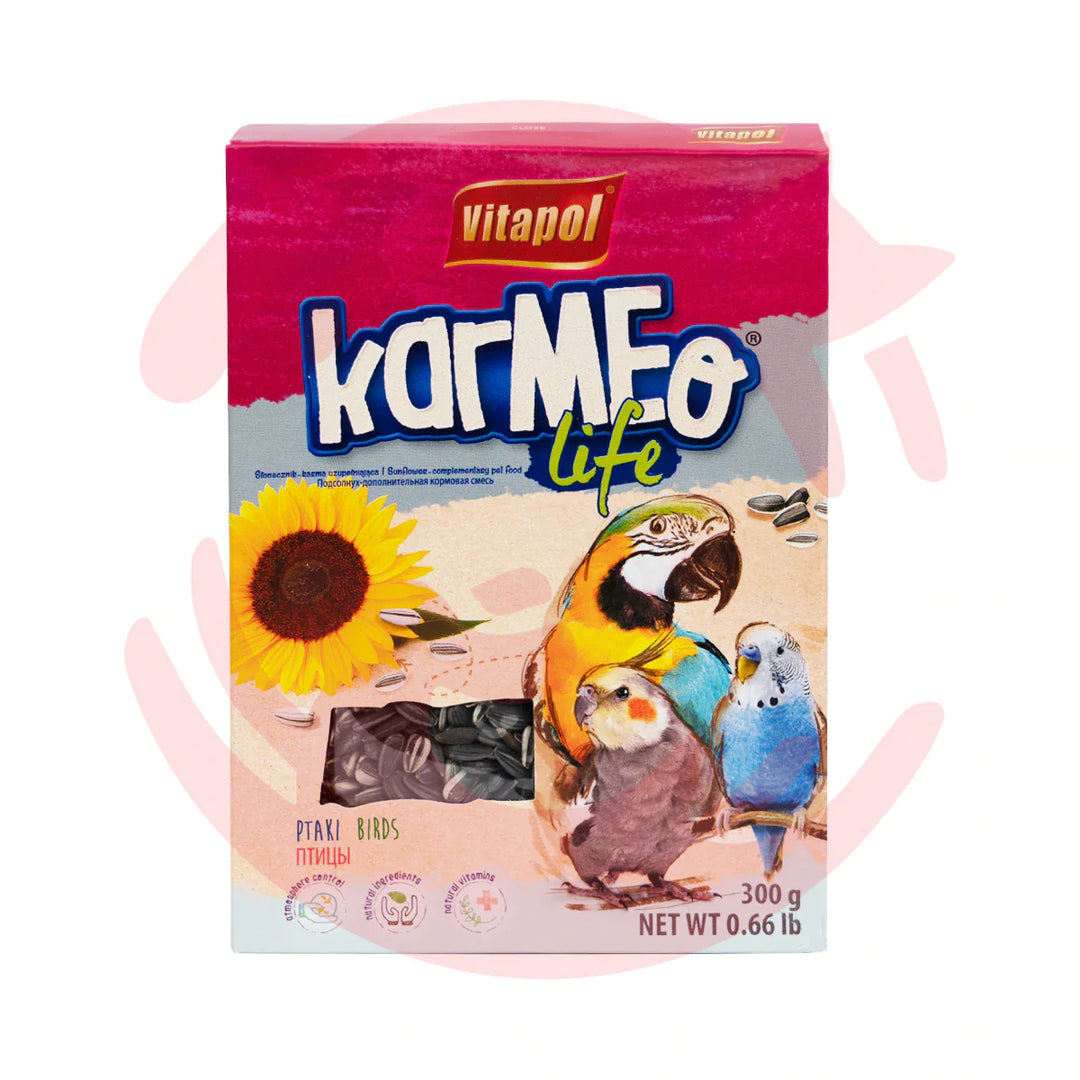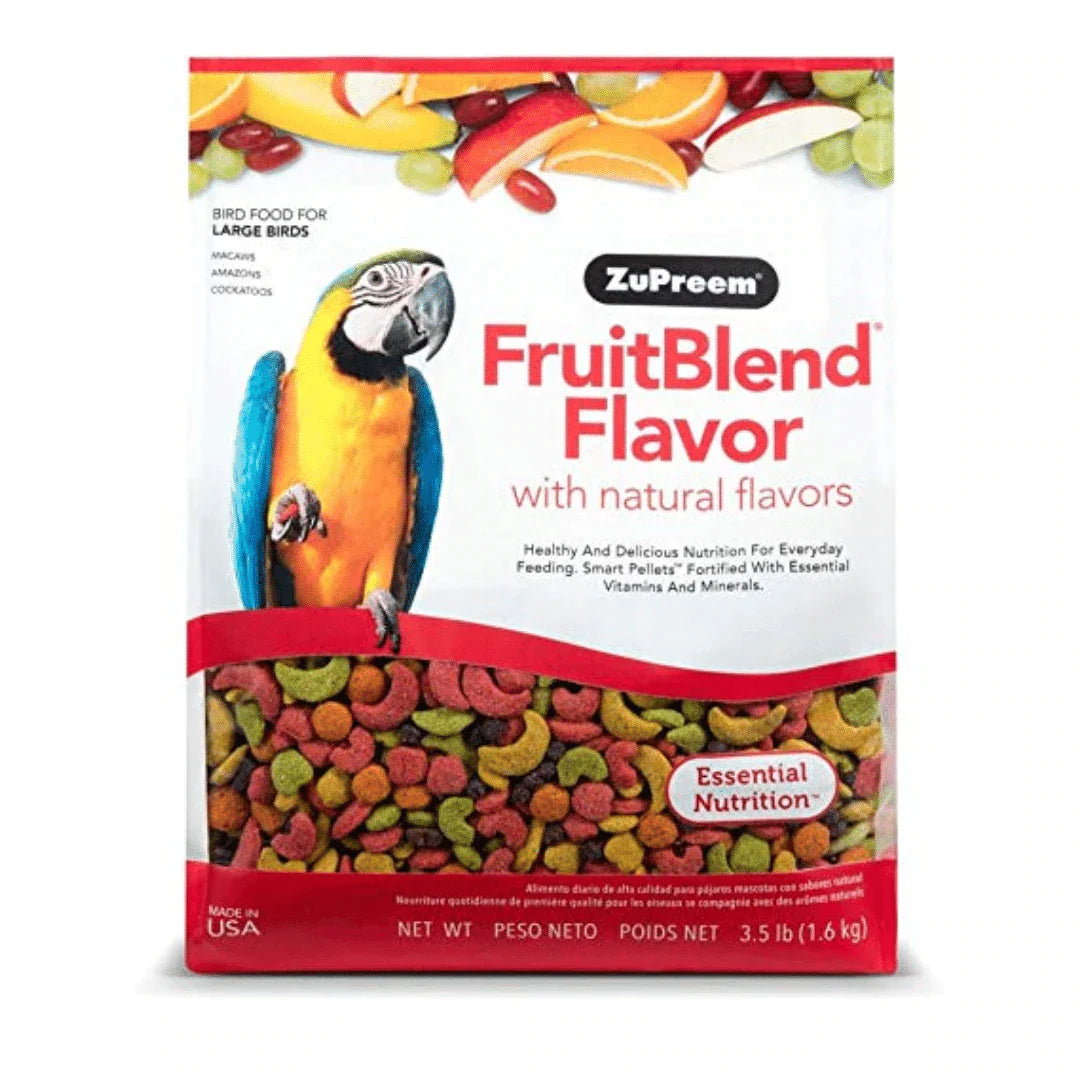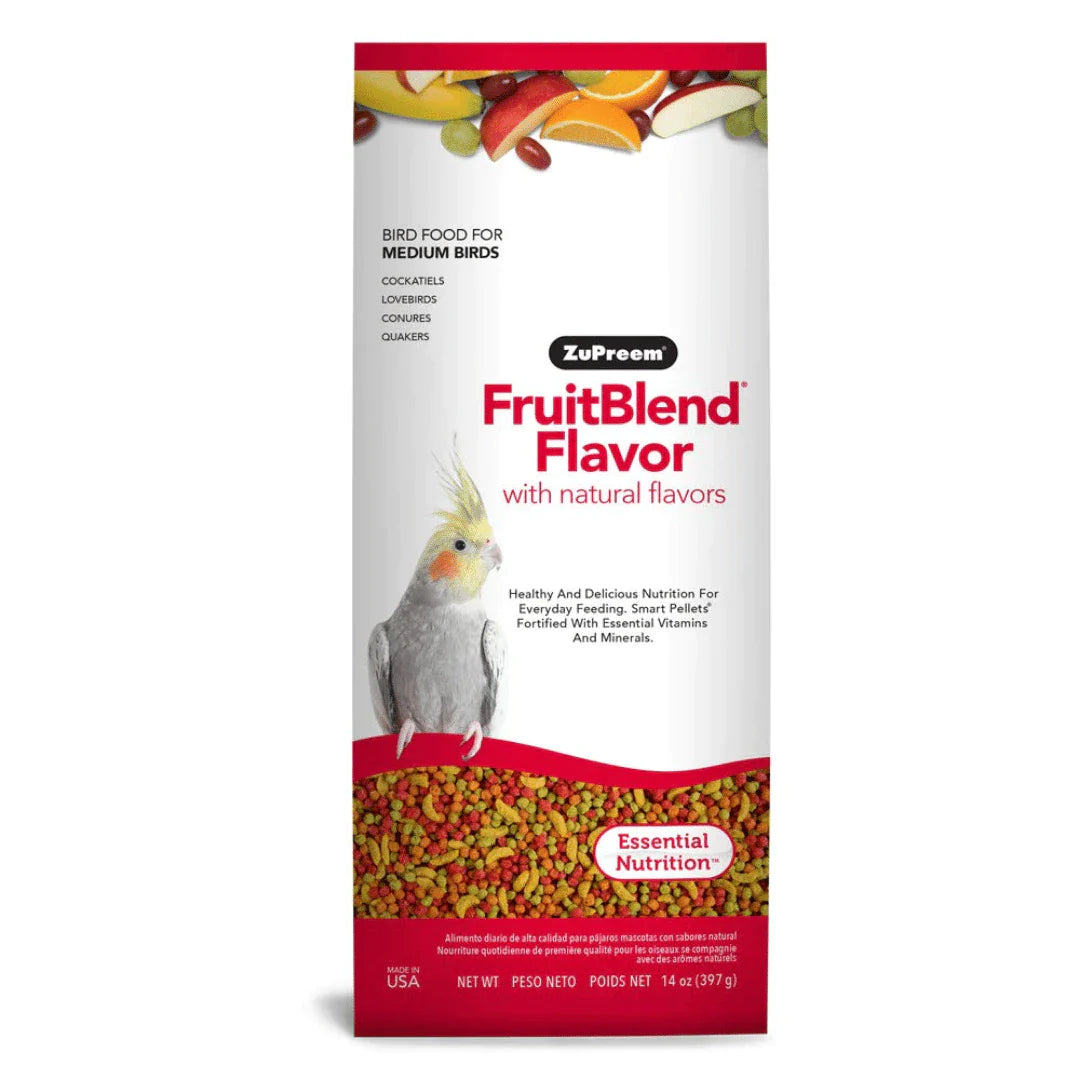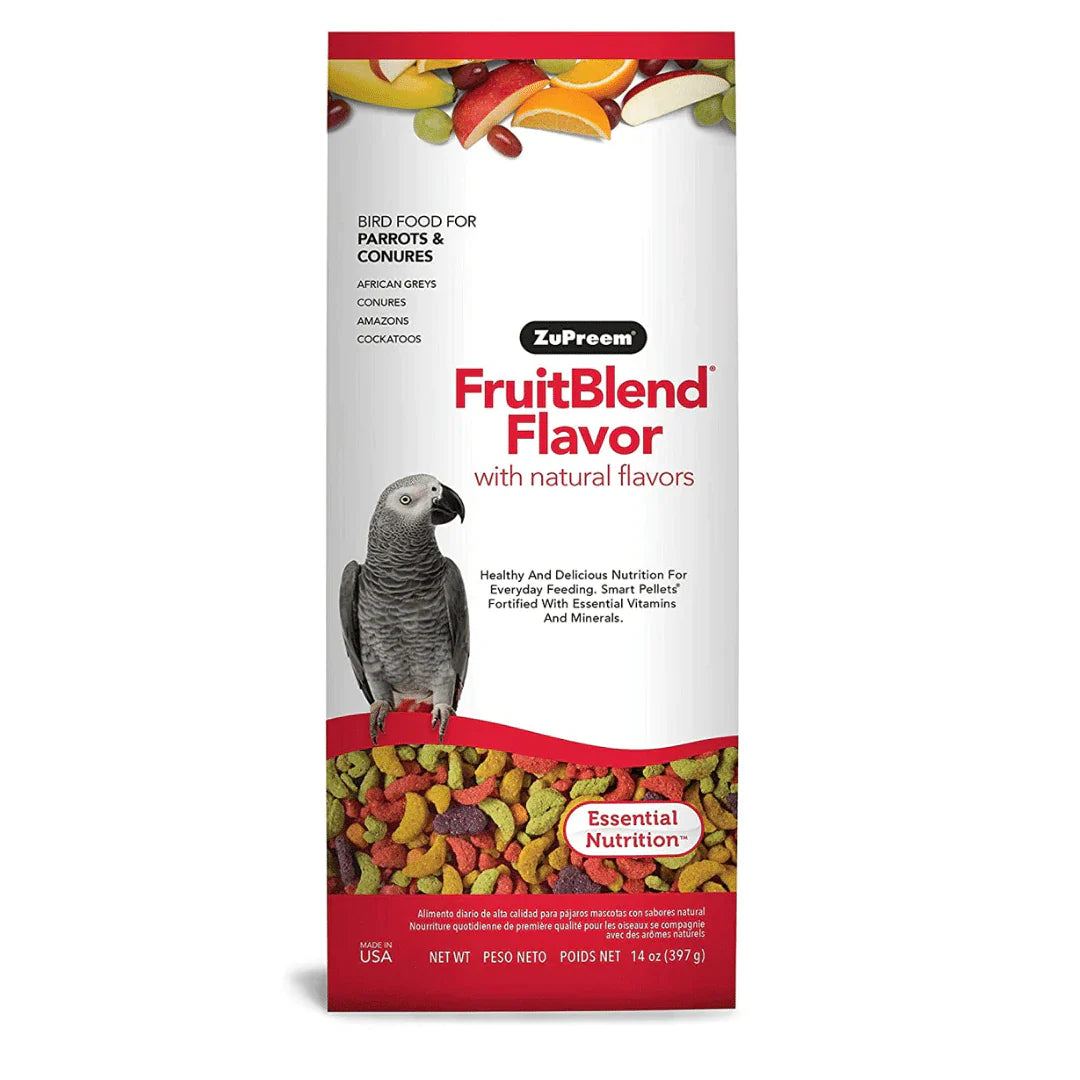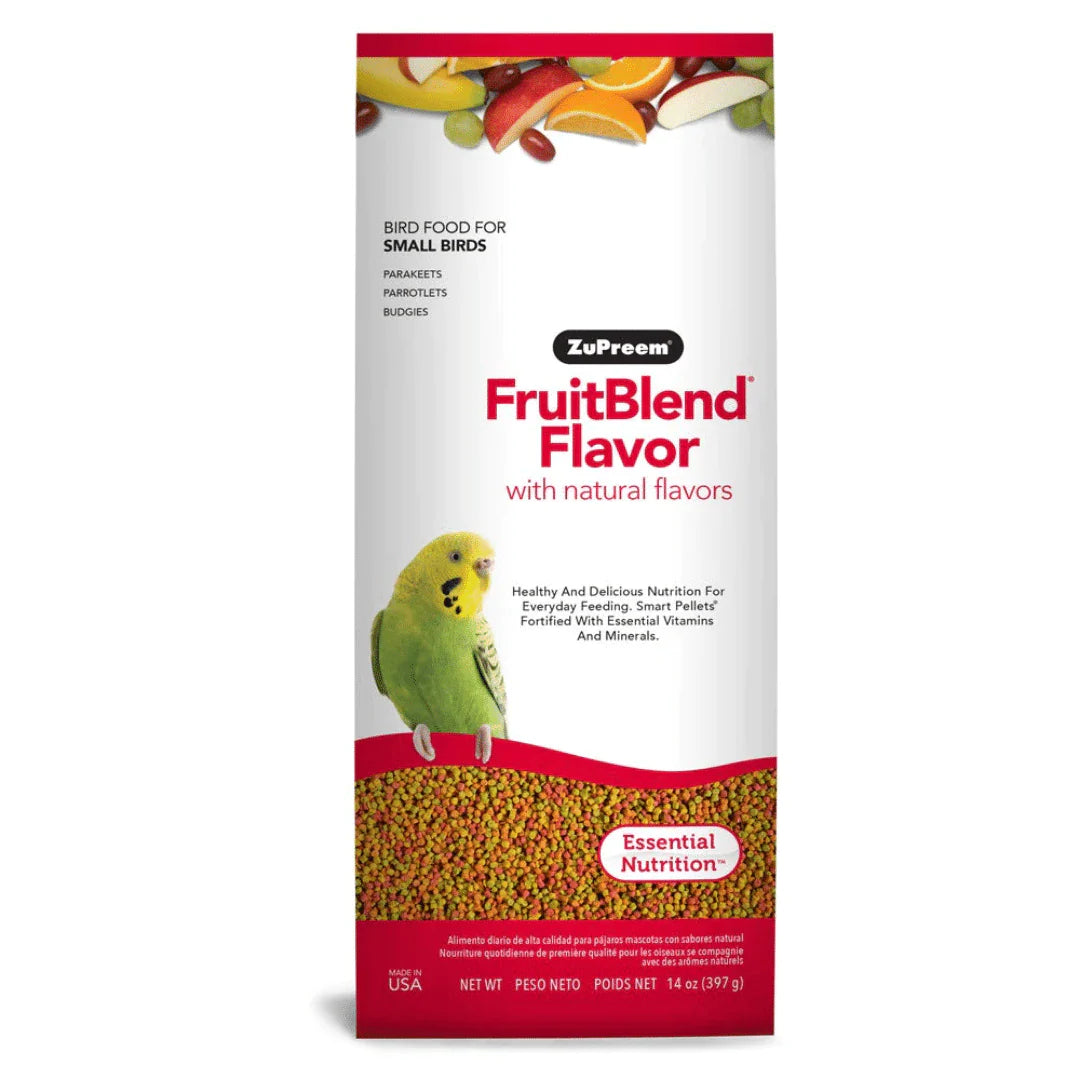Buy Bird Food on Smiling Pets
At Smiling Pets, we offer a wide variety of bird food designed to keep your feathered friends healthy and happy. Whether you have a parrot, canary, finch, or budgie, our collection caters to every bird species' dietary needs. With top-quality brands and nutritious blends, you can trust Smiling Pets to provide only the best bird food for your pet.
Additionally, we offer a variety of premium pet food options including high-quality dog food and nutrient-rich fish food, catering to the unique dietary requirements of each animal.
At Smiling Pets, we're committed to providing the best for your birds, dogs, and fish. Come and discover our world of avian delights and more today!
In this section we are discussing about Bird Food:
Why Choose Smiling Pets for Bird Food?
When it comes to choosing bird food for your feathered friends, Smiling Pets stands out as a top choice for quality, variety, and customer care. With a wide selection of nutritious bird food options tailored to meet the dietary needs of various bird species from parakeets and canaries to larger parrots Smiling Pets ensures your pets receive balanced, wholesome ingredients essential for their health and vitality.
They prioritize sourcing high-quality, natural ingredients free from artificial additives, which help support birds’ immune systems, vibrant plumage, and overall well-being. Additionally, Smiling Pets is committed to affordability and convenience, offering competitive prices and an easy online shopping experience. Whether you’re a beginner or an experienced bird owner, Smiling Pets’ knowledgeable customer service is ready to guide you, making them a reliable and trusted choice for all your bird food needs.
Type of Bird Food
-
Bird Seed:
Bird seed is a staple in bird feeding, catering to a wide variety of bird species. It usually consists of a blend of different seeds, such as millet, sunflower, and safflower, each attracting different types of birds. Bird seed can be used in various feeder types and is essential for backyard bird enthusiasts looking to attract a diversity of birds. It's important to choose the right mix to cater to the specific bird species in your region.
-
Suet Bird Food:
Suet is a high-energy bird food made from animal fat, often mixed with seeds, grains, and fruits. It's especially popular in colder months, providing a vital energy source for birds. Suet is typically offered in special feeders and is beloved by woodpeckers, nuthatches, and starlings. It's a great way to attract a variety of birds and provide them with the essential fats they need for survival.
-
Nectar:
Nectar, primarily used to attract hummingbirds, is a sweet liquid solution that mimics the natural nectar found in flowers. It's typically made of a sugar-water mixture and can be offered in specially designed nectar feeders. Providing nectar in your garden is a fantastic way to enjoy the vibrant presence of hummingbirds, but it's crucial to maintain cleanliness to prevent the spread of disease among these delicate birds.
-
Mealworms:
Mealworms are a protein-rich food source that is particularly appealing to insect-eating birds like bluebirds and robins. They can be offered live or dried and are excellent for attracting birds that might not typically visit seed feeders. Mealworms are an excellent supplement, especially during breeding season when birds require extra protein
-
Sunflower Seeds:
Sunflower seeds are one of the most popular bird food and are highly favored by a variety of birds. They come in two main types: black oil and striped. Black oil seeds have thinner shells and higher oil content, making them ideal for smaller birds. Sunflower seeds can be offered in almost any type of feeder and are a great all-around choice for bird feeding.
-
Bird Feeders:
Bird feeders are devices used to supply food to birds. The design varies greatly depending on the type of food and the birds it aims to attract. From tube feeders for seeds to flat trays and nectar feeders, each has its unique purpose. Choosing the right bird feeder is essential in attracting a diverse range of birds and ensuring they can feed safely and comfortably.
Wild Bird Food:
Wild bird food is formulated to meet the dietary needs of various wild bird species. It often includes a mix of seeds, grains, nuts, and sometimes dried fruits or insects. This type of bird food aims to mimic the natural diet of wild birds and is perfect for those looking to attract a variety of birds to their gardens.
-
Parrot Food:
Parrot food is specially formulated to meet the nutritional needs of parrots. It usually includes a mix of seeds, pellets, nuts, and dried fruits, providing a balanced diet. Parrots also benefit from fresh fruits and vegetables. It's important to choose a high-quality parrot food that doesn't contain artificial colors or preservatives.
-
Canary Seed
Canary seed is specifically designed for canaries, small songbirds known for their vibrant colors and melodies. This type of seed is typically a blend of canary grass seed, millet, and other small seeds. Providing a balanced diet for canaries is crucial for their health and well-being, making the right seed mix essential.
-
Finch Food:
Finch food caters to the unique dietary requirements of finches. It typically includes a blend of small seeds, such as nyjer and millet, which are easy for these small birds to eat. Finches are attracted to feeder types that allow them to perch or cling while eating, so pairing the right food with the appropriate feeder is key to attracting these delightful birds.
-
Bird Feeding Station:
A bird feeding station is a setup that allows multiple feeders to be hung in one location. It often includes hooks for hanging feeders and trays for water or additional food. A feeding station can attract a wide range of birds and makes for an excellent focal point in a garden for bird watching.
-
Peanuts for Birds:
Peanuts are a nutritious and energy-rich food source for birds. They can be offered whole, crushed, or in the form of peanut butter. Peanuts attract a variety of birds, including titmice, woodpeckers, and jays. It's important to use unsalted and unflavored peanuts and offer them in a mesh feeder to prevent choking hazards for smaller birds.
Shop Bird Food with Confidence
At Smiling Pets, customer satisfaction is our priority. All of our bird food products are carefully selected for their quality, ensuring that your pets get the best care possible. Enjoy a hassle-free shopping experience with our secure payment options and quick delivery services.


